Last week Mohammad Khazaee, head of the Iranian Cinema Organization, which works under the auspices of the Ministry of Culture and Islamic Guidance, said he would shortly be naming a series of filmmakers and industry figures banned from working in Iran.
Six days later the names remain unannounced, but sources who spoke to IranWire report that since then, a number of filmmakers have been contacted by either the Ministry of Culture’s security division or the Intelligence Ministry’s investigations department. Some have been interrogated for hours on end, or else pressured to disavow past works or statements they have made. Those who do not face a five-year ban from working in the industry, and simultaneously, a five-year ban on leaving Iran.
Khazaee claimed on Tuesday that his list consisted of “five or six” names. Far more people than that have already been affected, with fears there will be more to come.
A New Kind of Censorship
An informed source told IranWire the industry professionals contacted in the last week included Asghar Farhadi, Hayedeh Safiyari, a film editor and member of the Academy of Motion Picture Arts, Saeed Roostaei, a director, producer and screenwriter, and the actors Taraneh Alidoosti, Fereshteh Hosseini and Navid Mohammadzadeh. All of them attended Cannes this year.
“They asked Saeed Roostaei, ‘Why did you show Leila's Brothers at Cannes when you had no permit to screen it?’” the source said. “‘Why did you give a prize to the Holy Spider actress Zar Amir Ebrahimi?’ they asked Asghar Farhadi, who was a jury member at Cannes. ‘And why did you send your movie A Hero to a Zionist film festival in Jerusalem?’
“They asked Ms. Safiyari why she edited Holy Spider. They asked Navid Mohammadzadeh and Fereshteh Hosseini ‘Why did you kiss each other in public?’. They asked Taraneh Alidoosti why she voiced criticism [of the Iranian regime] at Cannes.”
But, they added, “The individual cases differ. They have also summoned other people in the industry who did not go to Cannes. Some were documentary filmmakers who were asked why they worked with ‘foreign entities’. Some signed the ‘Put Down Your Gun’ statement.’”.
On May 29, after the collapse of the Metropol building claimed scores of lives in Abadan, around 170 people in the film industry signed an open letter expressing solidarity with local protesters and asking security forces to “put down your guns”. Among them were the directors Masoud Kimiai, Reza Dormishian, Pouran Derakhshandeh and Mani Haghighi, and actresses Taraneh Alidoosti (known for her collaborations with the Oscar-winning director Asghar Farhadi), Pegah Ahangarani, and Hanieh Tavassoli. “They are trying to intimidate others,” the source added, “to whom people might listen.”
By contrast, filmmakers who have publicly supported the regime are being let off the hook, the source said: “The name of Peyman Maadi, for instance, is not on the list, because he criticized the movie Holy Spider in an Instagram Live interview.”
Holy Spider dramatizes the story of the Iranian serial killer Saeed Hanaei, who murdered 16 sex workers in the city of Mashhad in the early 2000s. It enraged Iran's conservatives, who claimed it sullied the name of Iran’s holiest city, where the Imam Reza Shrine is located. The criticism reached fever pitch when lead actress Zar Amir Ebrahimi won best actress.
In his interview with the film critic Kayvan Kasirian, Maadi openly conceded he had not watched the film. But, he said, “Those who have watched it say it insults what is sacred to us. I am really sorry if this is the case. Nobody has the right to insult people’s beliefs.”
Others permitted to keep working include those industry professionals who renounced the “Put Down Your Gun” statement, or retracted their own signatures. One was the director Dariush Yari, who told Mehr News Agency on June 1: “I don’t believe the armed forces are standing against the people. Therefore, I reject this part of the statement... My request and expectation of the police is to find and take action against anyone responsible for this tragedy.”
Separately filmmakers summoned by the Culture and Intelligence Ministries have reportedly been warned not to cross certain “red lines”. The government, a source told IranWire, has also compiled a list of 80 international bodies that filmmakers are being warned not to work or engage with.
In a statement issued last Friday, the IRGC’s Intelligence Organization named one of them: Close Up, a Belgium-based NGO newly blacklisted by Tehran for allegedly being a “Zionist” institution backed by the Israeli government. For its part, Close Up describes itself on its website as a training and development program. It has helped a number of Iranians, including Yaser Talebi, to make their documentaries.
All Pretences Dropped
Mohammad Khazaee did not disclose who had compiled the list, but IranWire understands it was issued by the Supreme National Security Council, which is composed of the foremost political, military and intelligence officials of the Islamic Republic.
Never before in the history of the Islamic Republic has a government body announced it will publish a list of named individuals banned from working, in any industry. “Even in the 1980s they didn’t do this,” a source told IranWire. “A person might have told individually, or a letter might be written to producers, but this expands the bounds of censorship.
“The government is doing everything in its power to ensure that only insiders and allies can make films, go to festivals, manage the associations, get awards and speak. Outsiders don’t have a right to do anything.”
Mohammad Moghimi, an Iranian lawyer, told IranWire the five-year travel bans reportedly set to be imposed on some filmmakers would be illegal according to both international and Iranian law. Article 133 of Iran’s Code of Criminal Procedure states that only a court can issue such an order, and that would need to be renewed every six months. “The threats made by the Culture Ministry have no legal basis,” he said. “They are only meant to intimidate the filmmakers.”
Article 23 of the Islamic Penal Code allows for convicted criminals to be barred from entering certain professions. Though pose no threat to society, some filmmakers such as Jafar Panahi and Mohammad Rasoulof have already been barred from working in Iranian cinema.
“Politics is not a crime,” Moghimi said. “Civil and political action is a basic right. But the Islamic Republic, which has no real legitimacy among the people, wants to retain power through violence and suppression. Along the way the judiciary has become trivialized, and the courts are issuing rulings that have nothing to do with the law.”
visit the accountability section
In this section of Iran Wire, you can contact the officials and launch your campaign for various problems




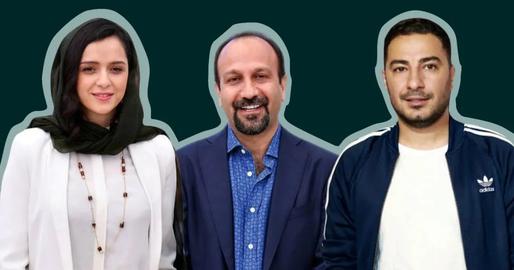
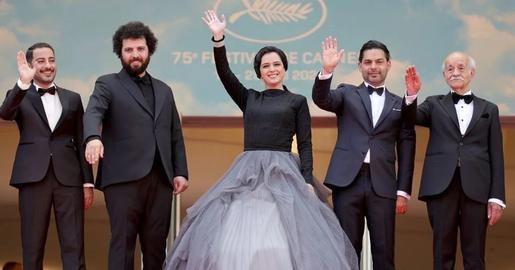

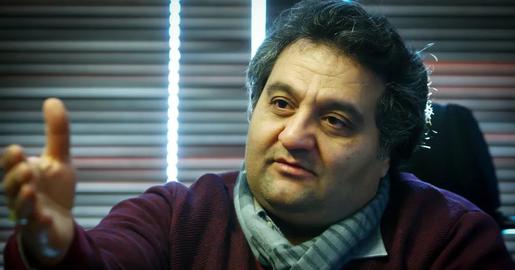

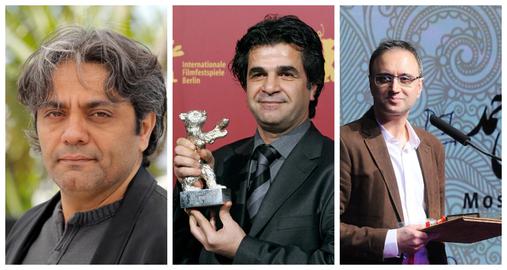
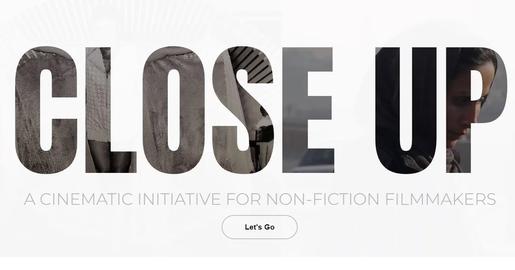
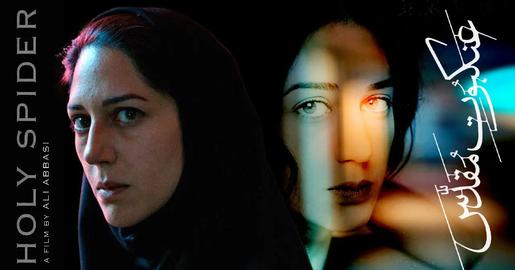















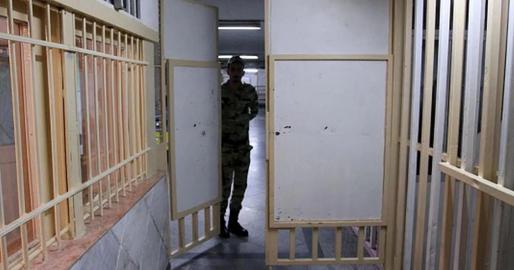
comments